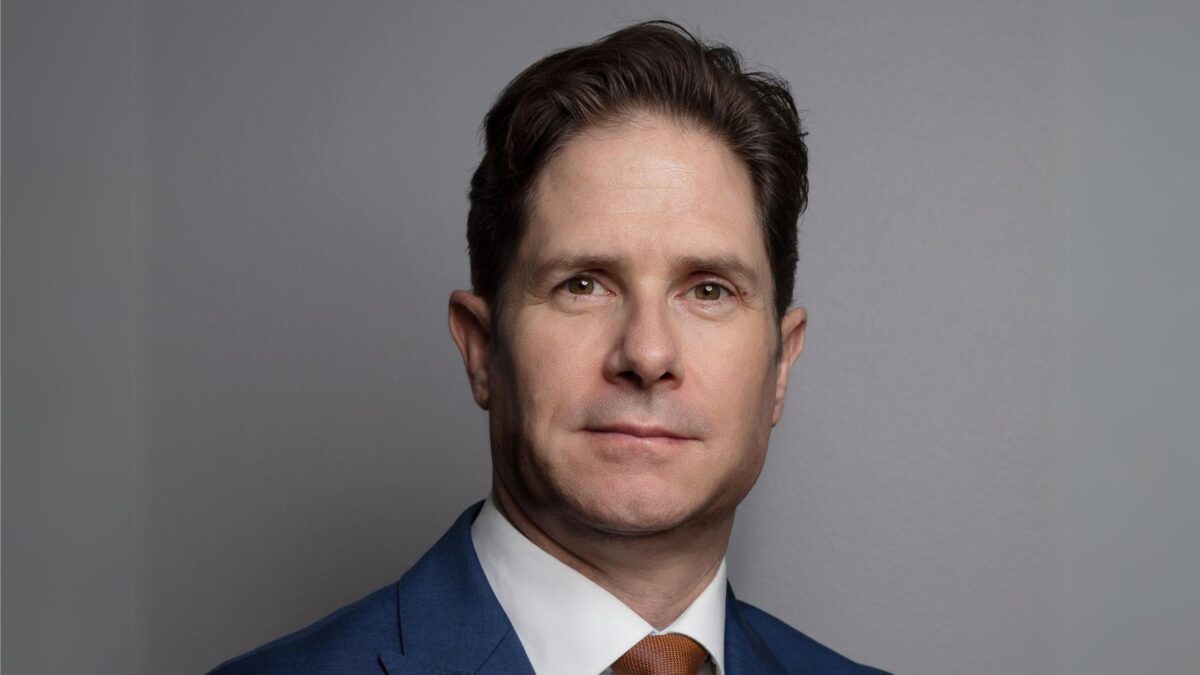Rask’s 10 rules for investing in the stock market
At Rask Australia, we believe an investment strategy and process should change when the facts change, as John Maynard Keynes famously said.
While ‘flip-flopping’ in politics or legal opinion can be seen as a signal for a lack of integrity or intelligence, in investing — where your long-term wealth is all that really matters — changing of opinion is vitally important.
Rask’s 10 rules of investing – philosophy
An investment philosophy is what guides you. It’s the ‘why’.
Why you invest the way you do.
As we explain in our Value Investor Program, an investment philosophy is the product of your experience and education. From my decade of research, reading, education and experience, I believe the best approach for long term wealth creation incorporates the following fundamental principles/truths:
- Capitalism works. If companies and entrepreneurs create value for society by solving problems, shareholders supporting them must be rewarded.
- The stock market is a vehicle for transferring wealth from the impatient to the patient (see Buffett annual letters). 10-year investment horizons are what everyone should be adopting in 2020.
- Wealth creation can be summed up in two words: accumulate assets.
- Fewer investment decisions often result in better decisions, so high conviction and concentration is the best approach when you know what you are doing.
- For professionals, the benefits of extra diversification rapidly diminish after 10 unique positions (see Evans & Archer). That said…
- Diversification is very important for beginners, passive and hands-off investors — this includes the tens of millions of people who have better things to do than manage their investment portfolio.
- Less than 5% of companies on the stock market are responsible for all of the market’s excess returns (see Bessembinder). Be very choosey.
- There are three commonly accepted investing ‘edges’: behaviour, analytical ability and information. Investors would be wise to focus on their behaviour.
- Most people shouldn’t invest in individual shares because they lack the time, inclination and/or curiosity. Each of which is required to invest well over time.
- Forget the marketing, investors do not need to choose between ‘active’ or ‘passive’ — everyone should strongly consider using both.
With these things considered, we believe it is possible for some individual investors to outperform the stock market over time. In our experience, the investors who produce exceptional returns tend to have high levels of intellectual humility and curiosity, always have a Plan B, they minimise taxes and fees and only ever invest with optimism and a view for the long-term.
Soon, I’ll be back with part two of this series: how investors can simply and efficiently implement these ideas into an investment strategy and portfolio. I’ll also share some of the resources that greatly influenced my investment journey. If you can’t wait, you can keep reading on the Rask Investment Philosophy page.











